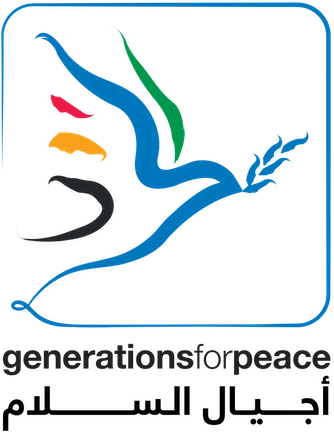21 August 2014 – Amman, Jordan: To date, at least 10,000 people have been killed and more than 1.1 million displaced during nearly eight months of conflict in South Sudan. It is estimated that 50,000 children under-five are at risk of dying of malnutrition in the coming months.
Generations For Peace, the only peace-through-sport organisation officially recognised by the International Olympic Committee, established a satellite office in Juba soon after South Sudan’s independence was ratified by the United Nations in 2011, and has been working hard to equip local Delegates with the skills they need to create lasting positive change in the world’s youngest nation ever since.
Paul Well, Secretary General at Generations For Peace’s Satellite Office in South Sudan said: “Generations For Peace HQ staff, who were joined by Summer Field Researchers from the University of Oxford, recently conducted a visit to the refugee camps in Juba to examine the level of engagement between Generations For Peace and the Dinka and Nuer communities. It is an honour to have the support of our Generations For Peace team who provide expert knowledge and theory to analyse the conflict, ensuring that our programmes continue to grow from strength to strength.”
Following the continuous strides made by the organisation’s local volunteers, the world’s youngest nation has something to smile about as South Sudanese athlete, Margret Rumat Hassan, is in Nanjing to compete on the global stage in the Women’s 400m race at the second Summer Youth Olympic Games. Margret, who is running under the banner of Independent Olympic Athlete, believes in the power of the Olympic Movement to bring people together. “I am very excited to be here in Nanjing, competing to the best of my ability and bringing the world’s attention to what is going on back home in South Sudan. I truly believe that sport has the power to bring about lasting positive change in South Sudan.”
UN estimates that children make up 60% of South Sudan’s 11 million people, demonstrating the importance of long-term Generations For Peace programmes and the need to foster tolerance and acceptance amongst youth on all sides of the conflict.

